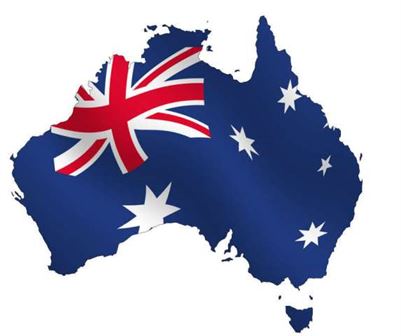In terms of e-commerce, Australian businesses have focused more on the domestic market than the opportunities of exports to the international market, said the Australia Post CEO Ahmed Fahour at the Boao Forum for Asia on Thursday.
“I’m still somewhat surprised, if I can be critical of our country, how poorly we have taken advantage of the trillion dollars of cross-border buying of e-commerce from Australia to the rest of Asia,” Fahour said.
He said that Australian goods are cheaper compared to other countries due to the country’s advantage of having a lower value of the local currency against the US dollar, giving Australian businesses the advantage in the market.
“Yet, for whatever reason, Australian small business still tend to be domestically-focused and not export-orientated despite magnificent (e-commerce) platforms available to them, like Alibaba and others,” Mr. Fahour said.
Businesses from China, Australia, and Indonesia are pointing out that small and medium enterprises (SMEs) need assistance from Australian federal and state governments to have a share in the international market since free trade climate continues to break barriers.
Chief development officer of Chinese e-commerce group Didi Chuxing James Li said that other governments can look on how China was able to implement a successful e-commerce environment for small businesses.
“(Government) policy is the most important factor to encourage the growth of e-commerce. We can see the open policy promoted by the government gave Didi the chance to grow so fast,” Li said.
In the forum, Australia was described as lagging behind. This is pushing the government to back local SMEs in penetrating Asian countries such as China, and in the future, India.
“Cross-border e-commerce is a major, major opportunity,” Fahour said. “What governments are starting to do is developing infrastructure to support the future of e-commerce.”
Fahour has compared the grocery and food section of Japan and Australia, saying that Australia’s was not developed as of Japan’s.
He cited that in Japan there is 30 percent of e-commerce transactions related to food while there is only 10 percent in Australia.
On the other hand, co-founder of luxury fashion online retailer Net-A-Porter, Megan Quinn, said that there are many businesses that fear the unknown.
She said that businesses need access to information on the different types of e-commerce and social media platforms and pointed out that governments can help businesses to grow by providing them high-speed Wi-Fi connectivity.
Australian businesses must shift their focus towards a bigger market, the international market, to get more opportunities of sales and growth. By having a stronger relationship with other countries can facilitate the trade of goods, making the market grow bigger. Business brokers victoria can have an advantage since the currency is lower in Australia compared to the United States, thus making the price of goods cheaper.



